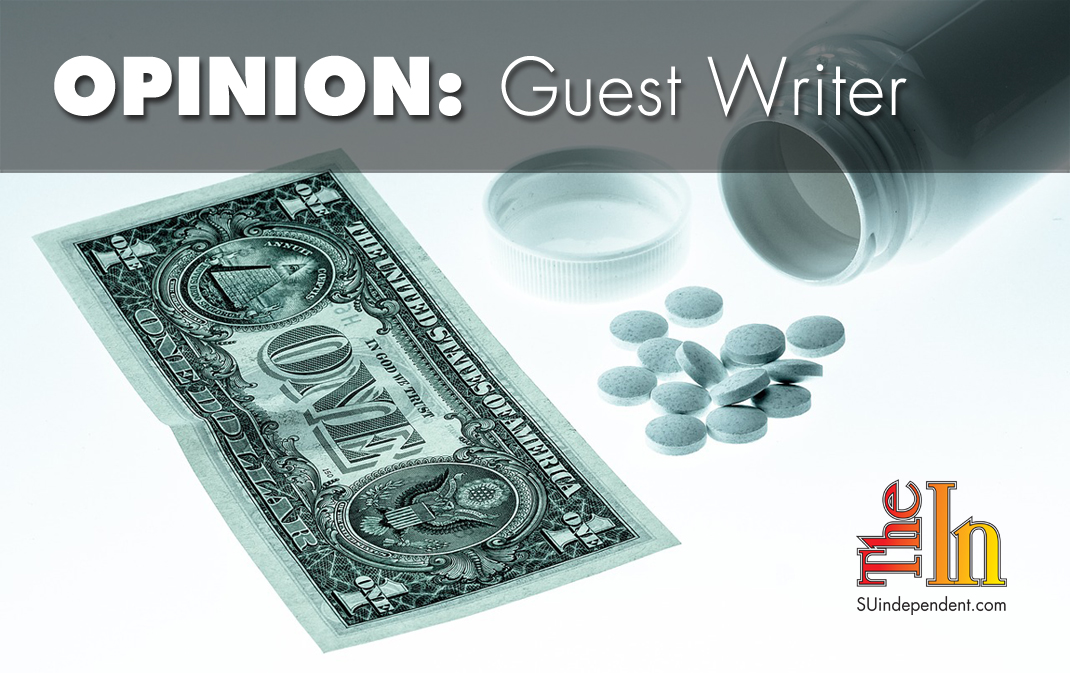
Health savings accounts: a bipartisan way to reduce healthcare prices
By Sally C. Pipes
In one fell swoop, incumbent members of Congress could save consumers money, drive down healthcare prices, and burnish their bipartisan credentials before the midterm elections. How? By scrapping a provision within Obamacare that prohibits 3 million people from opening health savings accounts, which can save patients hundreds or even thousands of dollars a year.
Expanding access to health savings accounts should be one of Congress’s top priorities.
Health savings accounts are “triple tax-advantaged.” Savers don’t pay tax on money they deposit into the accounts. If they invest that money, they pay no tax on capital gains or dividends. Withdrawals are tax-free, too, as long as they’re spent on qualified medical expenses. This year, individuals and families can contribute up to $3,450 and $6,900, respectively, to HSAs.
But only certain people can open them. This year, individuals must be enrolled in a health plan with a minimum deductible of $1,350 and an out-of-pocket maximum of no more than $6,650. For family plans, those figures double.
People have an incentive to spend health savings account funds wisely. It’s their money, after all. This thriftiness forces providers to compete for patients’ business. Costs decline as a result. Families who switched to HSA-eligible plans spent 21 percent less in their first year covered by the plans than families who remained in traditional plans with lower deductibles.
A 2015 National Bureau of Economic Research paper found that workers who switched to HSA-eligible plans spent 15 percent less on health care in each of the next three years. They didn’t use additional emergency or inpatient care, which suggests they cut spending without endangering their health.
It’s no wonder, then, that health savings accounts have become increasingly popular. In 2017, more than 22 million Americans had HSAs, an 11 percent increase from the previous year.
This growth may soon slow. Many Obamacare-compliant plans aren’t HSA-eligible. The average 2018 individual “bronze”-level plan features an out-of-pocket maximum of nearly $7,000. That’s more than the $6,650 cut-off for HSAs.
That makes little sense. Patients with the highest out-of-pocket spending would benefit most from health savings accounts.
The Health Savings Act, formally known as H.R. 6314, would allow bronze plan enrollees to open health savings accounts. The bill should be a lay-up for lawmakers looking for a quick win before the midterms.
Congress shouldn’t stop there. The Senate has a Health Savings Act of its own, S. 403. The bill would expand access to health savings accounts to those on Medicare. Beneficiaries don’t have to pay premiums for hospital or skilled nursing coverage. But they are responsible for a $1,340 deductible and a co-insurance payment of at least $335 per day for hospital stays longer than 60 days.
Allowing seniors to put money away in health savings accounts would help them afford future hospitalizations. The bill would also raise HSA contribution limits to the sum of a plan’s deductible and the level of out-of-pocket expense legally permitted for a high-deductible health plan. And it would allow all people to pay insurance premiums with HSA funds.
Expanding access to HSAs would inject consumerism into the healthcare marketplace and thus drive down healthcare costs. If half of the 150 million Americans with employer-sponsored coverage switched to HSA-eligible plans, annual healthcare spending would drop by $57 billion, according to a RAND study.
Lawmakers on both sides of the aisle say they want to slash healthcare costs. Expanding access to health savings accounts would do just that.
Sally C. Pipes is president, CEO, and Thomas W. Smith Fellow in Health Care Policy at the Pacific Research Institute. Her latest book is The False Promise of Single-Payer Health Care (Encounter). Follow her on Twitter @sallypipes.
Articles related to “Health savings accounts: a bipartisan way to reduce healthcare prices”
Does America really have the worst healthcare system in the developed world?



